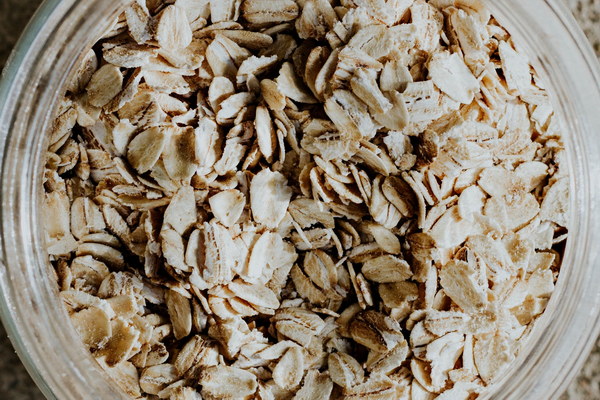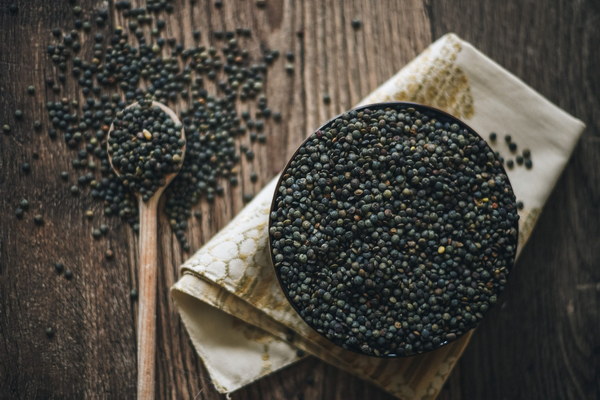Can Sesame Oil Really Relieve Dampness Exploring Traditional Remedies and Modern Perspectives
Can Sesame Oil Really Relieve Dampness? Exploring Traditional Remedies and Modern Perspectives
In many traditional Asian cultures, sesame oil is not just a culinary staple but also a medicinal ingredient. One of the most debated health benefits of sesame oil is its ability to relieve dampness, a concept deeply rooted in traditional Chinese medicine (TCM). But can sesame oil really be an effective remedy for dampness? Let's delve into the traditional beliefs, scientific perspectives, and practical uses of sesame oil in dampness relief.
Traditional Chinese Medicine Perspective
In TCM, dampness is considered a common imbalance that can lead to a range of health issues, such as fatigue, weight gain, and joint pain. It is believed that sesame oil has the property of drying dampness due to its warming and draining qualities. The oil's richness is thought to help expel dampness from the body, making it a popular ingredient in various TCM remedies.

One traditional method involves massaging sesame oil into the skin, particularly in areas where dampness is believed to be most prevalent, such as the lower back and abdomen. This practice is thought to stimulate the body's natural drainage mechanisms and promote overall well-being.
Scientific Perspective
From a scientific standpoint, the claim that sesame oil can relieve dampness lacks empirical evidence. While sesame oil does have some documented health benefits, such as its anti-inflammatory and antioxidant properties, there is no conclusive research supporting its effectiveness in drying dampness.
Sesame oil is rich in sesamin, a lignan that may have cholesterol-lowering effects, and sesamol, which has been shown to possess anti-inflammatory properties. These compounds might contribute to the oil's potential health benefits, but they do not directly address the concept of dampness in TCM.
Practical Uses of Sesame Oil
Despite the lack of scientific evidence, sesame oil has been used for various purposes beyond TCM. Here are some practical ways in which sesame oil can be incorporated into daily life:
1. Cooking: Sesame oil is a flavorful ingredient that adds depth and richness to dishes. It is commonly used in Asian cuisine to enhance the flavor of stir-fries, marinades, and dressings.
2. Skin Care: Sesame oil is often used in skincare products due to its moisturizing properties. It can be applied topically to help soothe dry or itchy skin and may offer some protection against UV radiation.
3. Hair Care: The oil can also be used for hair care, as it helps to moisturize and condition the hair, leaving it soft and shiny.
4. Massage: In addition to its TCM applications, sesame oil is a popular choice for massage therapy. Its warming properties can help relax muscles and improve circulation.
Conclusion
While there is no scientific evidence to support the claim that sesame oil can relieve dampness, it remains a popular ingredient in traditional Asian cultures. Its potential health benefits, such as its anti-inflammatory and antioxidant properties, make it a versatile addition to both culinary and personal care routines. Whether or not sesame oil can dry dampness, it is clear that its use has a long-standing tradition and practical value in many aspects of daily life.









